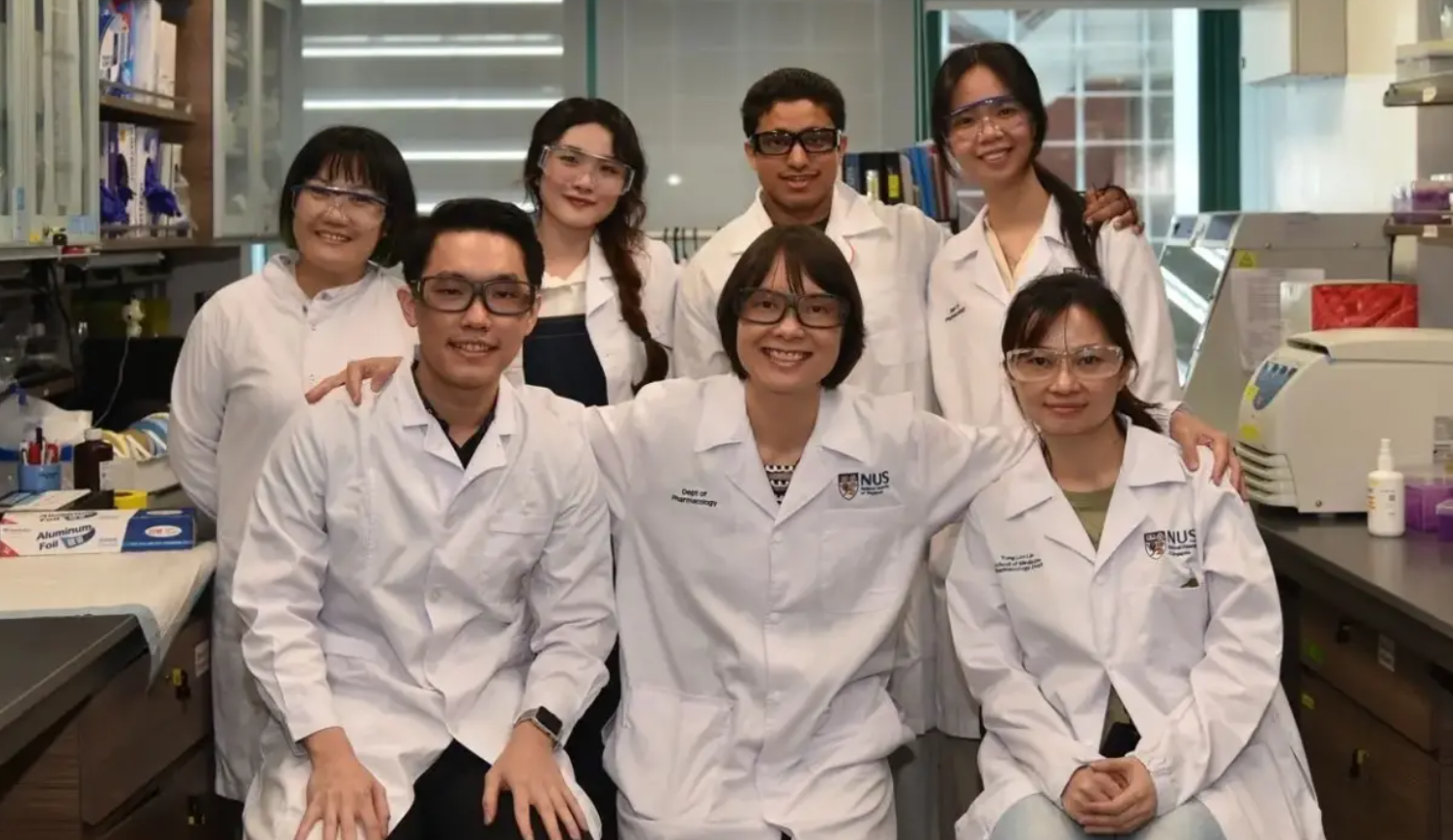SINGAPORE: A local study has unveiled a promising treatment approach for Non-Small Cell Lung Cancer (NSCLC), the most common lung cancer subtype among non-smokers and one of the leading global causes of cancer-related deaths.
Due to the frequent mutations that enable drug resistance, lung cancer remains particularly challenging to treat effectively, highlighting the urgent need for new, customizable therapies that can adapt to evolving cancer profiles.
A team led by Assistant Professor Minh Le of the Institute for Digital Medicine (WisDM) and Department of Pharmacology at the National University of Singapore’s Yong Loo Lin School of Medicine (NUS Medicine) has demonstrated that extracellular vesicles (EVs) from human red blood cells could be repurposed to deliver anti-cancer drugs directly to lung cancer cells.
This innovative approach, in partnership with the Cancer Science Institute of Singapore (CSI Singapore), A*STAR, National Cancer Centre Singapore (NCCS), and Duke-NUS Medical School, leverages nano-sized EVs as carriers to deliver antisense oligonucleotide (ASO) molecules, which inhibit specific cancer cell activities.
“Mutant Epidermal Growth Factor Receptors (EGFRs) are the most common drivers of lung cancer in the Asian population,” explained Asst Prof Le.
The current standard treatment, tyrosine kinase inhibitors (TKIs), targets the mutant EGFR protein but often encounters resistance due to further mutations.
To address this, researchers turned to ASOs, which can be engineered to target and suppress genetic mutations driving cancer growth.
Published in eBioMedicine, the study emphasizes the ASOs’ advantage in targeting specific genes. This adaptability is key for NSCLC, which frequently develops resistance to broad-spectrum therapies like TKIs.
However, ASOs often degrade quickly in the bloodstream, limiting their efficacy.
To counter this, the researchers used EVs from red blood cells to encase and transport ASOs, preventing degradation and enabling direct delivery to tumour sites.
In a critical advancement, the team engineered EGFR-targeting features onto the EVs, directing the ASOs precisely to cancer cells, thereby sparing healthy tissues.
The ASO-loaded EVs demonstrated potent effects against cancer models, including patient-derived cells.
They were also effective against TKI-resistant lung cancer cells, marking a potential step forward in overcoming drug resistance.
Associate Professor Tam Wai Leong, co-corresponding author from A*STAR, highlighted the significance of using EVs as a vehicle for targeted treatment:
“The ability to precisely eliminate mutant EGFR cancer cells while sparing normal tissues will enable customized treatment for individual patients. This is a significant step towards advancing personalized cancer medicine.”
Professor Goh Boon Cher from CSI Singapore added:
“This work is instrumental in breaking new ground for precise delivery of therapeutic RNA to tumour cells to destroy them by targeting their vulnerabilities.
It is a proof of concept that can be broadly applied in other areas of cancer treatment.”
With this study, the researchers have set the stage for further applications of EV-based therapies and ASO technology, bringing hope for a more effective, tailored approach to cancer treatment.

